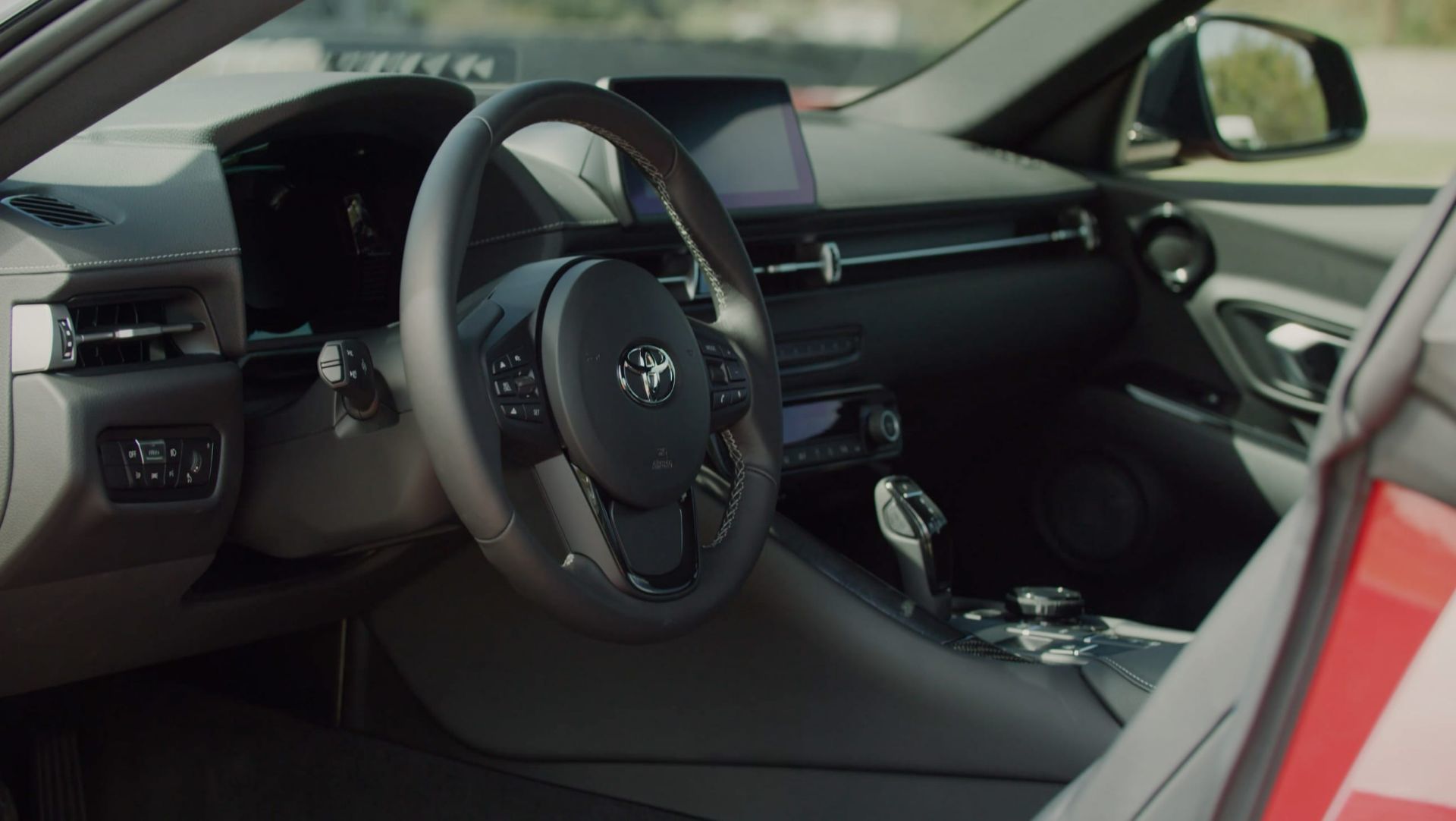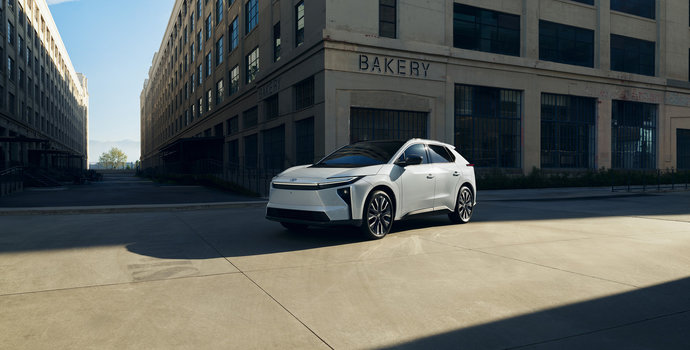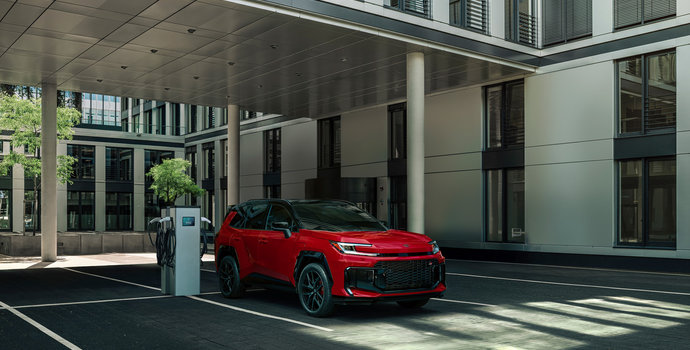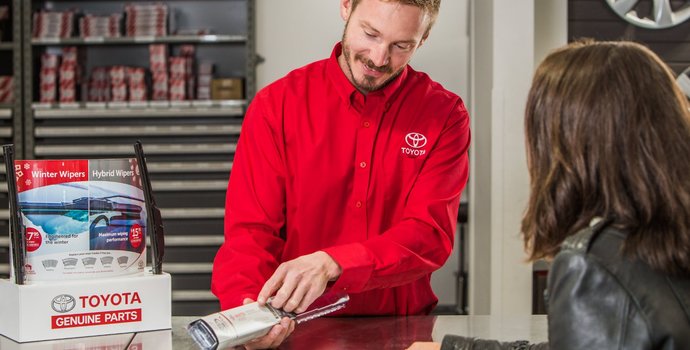When it’s time to either trade in your vehicle or sell it privately, you’ll need to know how much your car is worth so that you can get a fair price. The value of your vehicle is determined through the car appraisal process. Here is an overview of the car appraisal process, and the factors that determine the value of your car.
The Car Appraisal Process
Most dealers these days appraise vehicles based on “Market-Value”, where computer technology is used to scan a nearly endless stream of vehicle listing online, to establish the average selling price of a particular make, model and year of vehicle.
When you bring your car into the dealership for appraisal, the appraiser will walk around the vehicle taking notes on the condition of the vehicle, noting anything that needs repair or would otherwise lower the value of the vehicle. Then, an extensive road test will be conducted to assess the vehicles overall driveability.
After the vehicle is thoroughly assessed, all the details of its condition will be entered into a computer to determine its average selling price. Then, the estimated expenses involved in repairing or properly recondition the vehicle will be deducted from the average selling price. Finally, the appraiser will deduct the profit the dealership will expect to earn from the vehicle to determine the final appraised value.
Factors That determine the value of your car
When a car is being appraised, it is assessed based on the following factors.
Age
Generally speaking, the older the car, the lower its value
Make and Model
Higher end cars such as Mercedes and BMW are almost always worth more than lower end brands like Kia or Honda. Similarly, certain models are more highly sought after, increasing their value. Toyota vehicles are well known to hold their value and provide a long life of great driving.
Trim
The term “trim” refers to the exact specifications of the car’s engine, standard features, number of doors, colour of the interior, and other features.
Options
Certain options on cars will either increase or decrease their value. Leather seats often add more value to a car than basic fabric seats. A more powerful engine will add more value than a less powerful or less fuel efficient engine. Other options such as transmission type, navigation features, stereo equipment, sunroofs, all-wheel drive, wheels and tires, all affect the value of a car.
Condition
The overall condition of a car plays a large role in determining the appraised value. Rust, stains, dents, number of repairs not done properly or according to the manufacturer’s specifications will all lower the value of a car. On the other hand, if a car has been well maintained, kept stored under cover, regularly and properly maintained, with low miles may hold its value surprisingly well.
The only way to truly find out how much your car is worth is to take it in to have it appraised. There may be some small repairs you can make now that will raise the value of your car, giving you more money when it’s time to trade in your car. If you’re ready to trade in your car, either call us or use our online Trade-In Appraisal Form to find out what your trade-in is worth.







